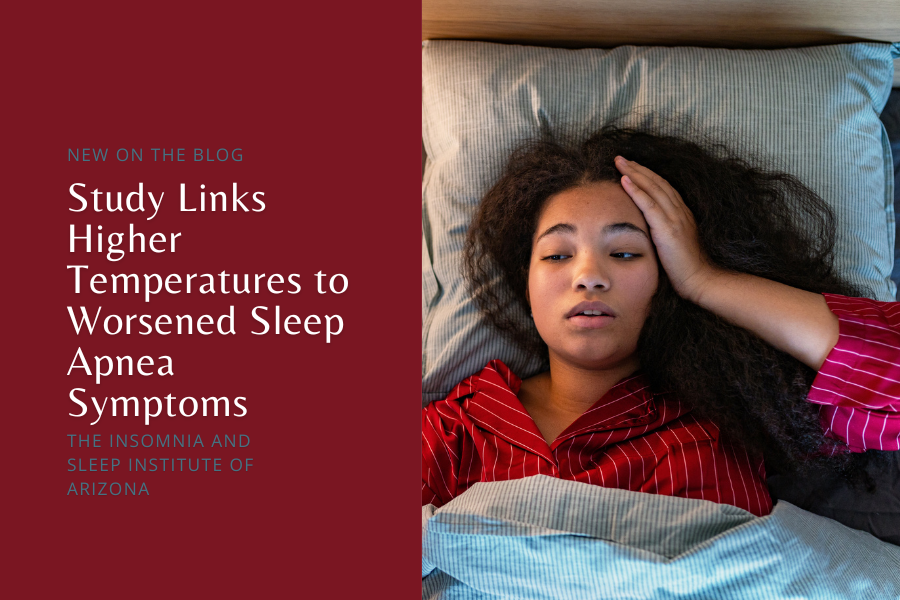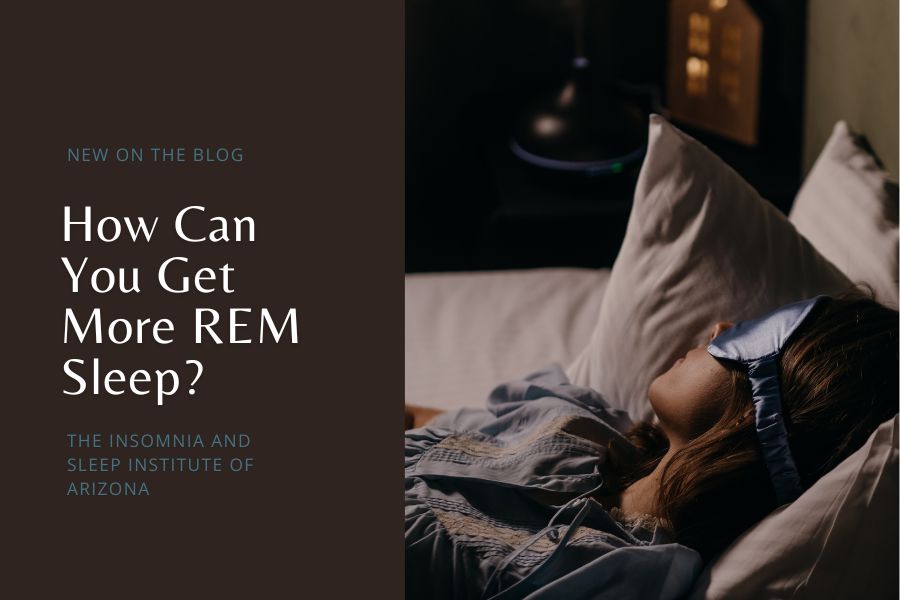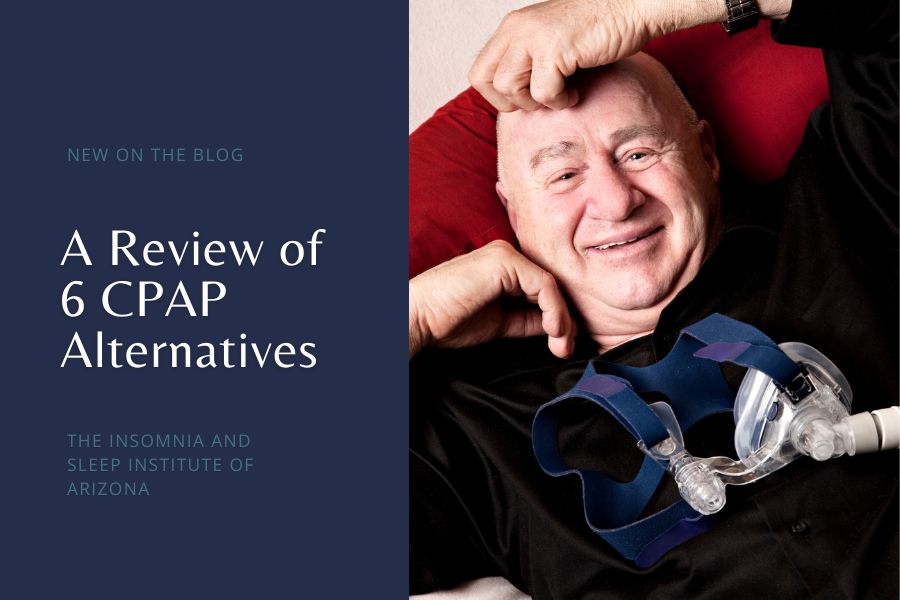Poor sleep does more than just leave you feeling tired. New research says that’s correct. Studies are showing a possible link between poor sleep and a higher risk of lung cancer.
While cancer has many causes, the impact of sleep on lung health is gaining attention. How well we sleep might play a bigger role in our health than we think.
Can Lack of Sleep Weaken the Immune System?
Yes, lack of sleep can indeed weaken the immune system.
So, How Sleep Affects the Immune System?
First, the basics. Sleep is when your body repairs itself. During deep sleep, the production of cytokines (a type of protein that targets infection and inflammation) ramps up.
Mainly, Cytokines are important.
They help your body fight infections, inflammation, and stress. But when you don’t get enough sleep, your body makes fewer of them. This makes you more likely to get sick.
The Link Between Sleep Deprivation and Common Health Issues
Skipping sleep regularly can weaken your immune system. People who don’t get enough rest are more likely to get sick.
This is especially true after being exposed to viruses like the common cold. When you’re sleep-deprived, your immune response becomes less effective. It’s a reminder that good sleep is essential for staying healthy.
Let’s look at some stats. According to the CDC, adults who get less than seven hours of sleep per night are more likely to report seven common health conditions — including heart disease, diabetes, and depression — compared to those who sleep seven or more hours per night.
Specific Conditions Linked to Poor Sleep
- Heart Disease: Not getting enough sleep can increase the risk of high blood pressure, heart attacks, and stroke due to higher stress hormones like cortisol.
- Diabetes: Poor sleep can raise your chances of developing type 2 diabetes by affecting how your body manages glucose.
- Obesity: Sleep deprivation messes with hunger hormones, leading to overeating and weight gain.
- Mental Health Issues: Depression and anxiety are often worsened by sleep problems, creating a difficult cycle.
- Weakened Immune Response: Lack of sleep weakens your immune system, making you more prone to illnesses and slower to recover.
But, What Does the Latest Research Say About Sleep and Lung Cancer?
The connection between sleep and lung cancer is gaining attention in the scientific community. Recent studies reveal that sleep disturbances — whether too much or too little sleep — might be linked to an increased risk of lung cancer.
Sleep Disturbances and Lung Cancer Risk
One meta-epidemiological study explored the relationship between sleep disturbances and the risk of lung cancer. This study analyzed data from 11 studies involving 469, 691 participants. The results were revealing.
It found that short sleep duration (less than 7 hours) was associated with a 13% higher risk of lung cancer. On the other hand, long sleep duration (more than 8 hours) was linked to a 22% increased risk.
But it wasn’t just sleep duration that mattered. The study also identified that insomnia symptoms and an evening chronotype (being more active in the evening) were significantly predictive of an increased risk of lung cancer.
Specifically, insomnia increased lung cancer risk by 11% and an evening chronotype by 15%. The study hypothesized that factors like melatonin secretion and immune-inflammatory balance might mediate these associations. However, the exact mechanisms remain unclear, underscoring the need for further research.
UK Biobank Cohort Study on Sleep Traits and Lung Cancer
A second study conducted using data from the UK Biobank also highlighted the potential link between sleep traits and lung cancer risk. This cohort study included 382,966 participants and followed them over several years.
The findings echoed those of the first study, with long sleep duration ( >8 hours) being associated with a 22% higher risk of lung cancer compared to normal sleep duration (7–8 hours).
In addition, frequent insomnia symptoms were linked to a 16% higher risk of lung cancer. The study also observed that individuals with an evening chronotype were at a greater risk. Notably, those who identified as “definite evening types” had a 37% higher risk of developing lung cancer compared to “definite morning types.”
The UK Biobank study also explored joint effects — combinations of sleep traits that might further influence lung cancer risk. For instance, those with both long sleep duration and an evening chronotype were at an even higher risk. This suggests that multiple sleep-related factors might interact to influence lung cancer susceptibility.
Sleep Duration and Lung Cancer in Aging Men
A study conducted in Eastern Finland focused on a cohort of 2, 586 men aged 42 to 60 years. The study aimed to determine whether sleep duration was linked to lung cancer risk.
Participants were followed from 1984 to 2011. Data on lung cancer diagnoses is from the Finnish Cancer Registry. Importantly, men with a history of cancer or who used psychotropic medications were excluded to ensure a clear assessment of sleep’s impact on lung cancer risk.
The findings were noteworthy. After adjusting for various factors such as age, smoking history, family cancer history and depression scores, the study found that men who slept less than 6.5 hours had a 112% higher risk of lung cancer compared to those who slept 7-7.5 hours.
Similarly, men who slept more than 8 hours also had an increased risk — 88% higher. These associations were even stronger among current smokers. For instance, smokers who slept less than 6.5 hours had a 123% higher risk of lung cancer. While those who slept more than 8 hours had a 109% higher risk.
The study suggests that the underlying mechanisms could involve disruptions in melatonin secretion, low-grade inflammation, or circadian rhythm disturbances. These findings underscore the importance of maintaining a balanced sleep duration to potentially reduce lung cancer risk, especially among older men and smokers.
Meta-Analysis of Sleep Duration and Lung Cancer Risk
A comprehensive meta-analysis additionally examined the link between sleep duration and lung cancer. This analysis included 11 studies — 10 cohort studies and 1 case-control study — spanning various populations and geographies. The goal was to pool data to understand better the overall relationship between sleep duration and lung cancer risk.
The results were consistent with previous studies. The meta-analysis found that short sleep duration (less than 7 hours) was associated with a 13% increase in lung cancer risk, while long sleep duration (more than 8 hours) was associated with a 21% increase in risk. These findings were statistically significant and suggest that both insufficient and excessive sleep could be contributing factors to lung cancer development.
The study emphasized that larger-scale prospective studies should corroborate these results to establish a more definitive link. Nonetheless, the meta-analysis reinforces the notion that abnormal sleep duration — whether too short or too long — can be a potential risk factor for lung cancer.
Disclaimer: The findings presented in this article are intended for educational use only.
Why Should You Seek Professional Help for Sleep Issues?
Sleep issues are more than a minor inconvenience. They can significantly impact your overall health and well-being. Chronic sleep problems like insomnia, sleep apnea, or restless legs syndrome can lead to serious health conditions, including heart disease, depression, and diabetes. These are just a few examples. Ignoring sleep issues might worsen them over time. Therefore, seeking professional help is crucial.
A sleep specialist can help figure out what’s causing your sleep problems. Getting the right diagnosis is key to finding the best treatment, whether it’s due to a medical issue, stress, or your daily habits. With expert advice, you’ll get care that fits your needs. No more guessing. Just solutions that are made for you. And they actually work.
How Can The Insomnia and Sleep Institute of Arizona Help?
The Insomnia and Sleep Institute of Arizona provides expert sleep care to help you sleep better. They diagnose and treat different sleep issues, such as sleep apnea and insomnia. Using the latest technology, their team creates treatment plans designed specifically for each person. Their specialists are leaders in sleep medicine, offering care that’s personalized.
What makes them different is how they treat sleep problems. Instead of only managing symptoms, they work to find the root cause of your sleep issues. The institute offers everything from sleep studies to CPAP therapy. For insomnia, they use Cognitive Behavioral Therapy (CBT-I), which has shown great results. Their goal is simple: helping you sleep better and feel better.
In short, if you’re struggling with sleep, The Insomnia and Sleep Institute of Arizona offers the expertise and care you need to reclaim restful nights. Contact us.
References
Wang, F., Yang, J., Hu, S., Bian, J., & Xu, X. (2023). The association between sleep duration and lung cancer: a meta-analysis. Sleep and Breathing, 28(1), 519–530. https://doi.org/10.1007/s11325-023-02917-x
Luojus, M. K., Lehto, S. M., Tommi Tolmunen, Erkkilä, A. T., & Jussi Kauhanen. (2014). Sleep duration and incidence of lung cancer in ageing men. BMC Public Health, 14(1). https://doi.org/10.1186/1471-2458-14-295
Peeri, N. C., Tao, M.-H., Demissie, S., & Uyen-Sa D.T. Nguyen. (2022). Sleep Duration, Chronotype, and Insomnia and the Risk of Lung Cancer: United Kingdom Biobank Cohort. Cancer Epidemiology Biomarkers & Prevention, 31(4), 766–774. https://doi.org/10.1158/1055-9965.epi-21-1093
Zhou, T., Wang, Z., Qiao, C., Wang, S., Hu, S., Wang, X., Ma, X., Wang, D., Li, J., Li, Z., & Hou, W. (2023). Sleep disturbances and the risk of lung cancer: a meta-epidemiological study. BMC Cancer, 23(1). https://doi.org/10.1186/s12885-023-11392-2
Liu, Y., Wheaton, A. G., Chapman, D. P., Cunningham, T. J., Lu, H., & Croft, J. B. (2016). Prevalence of Healthy Sleep Duration among Adults — United States, 2014. MMWR Morbidity and Mortality Weekly Report, 65(6), 137–141. https://doi.org/10.15585/mmwr.mm6506a1








